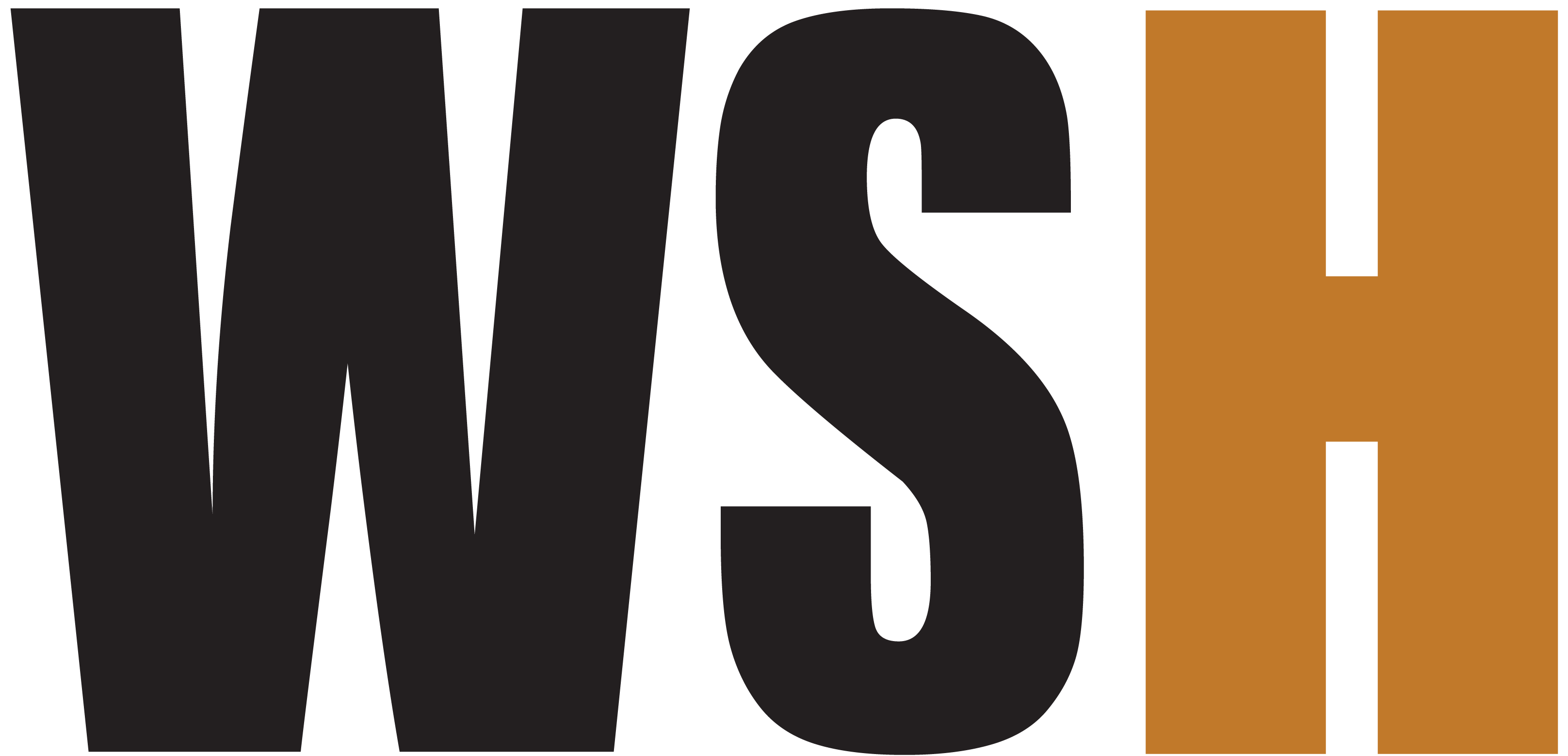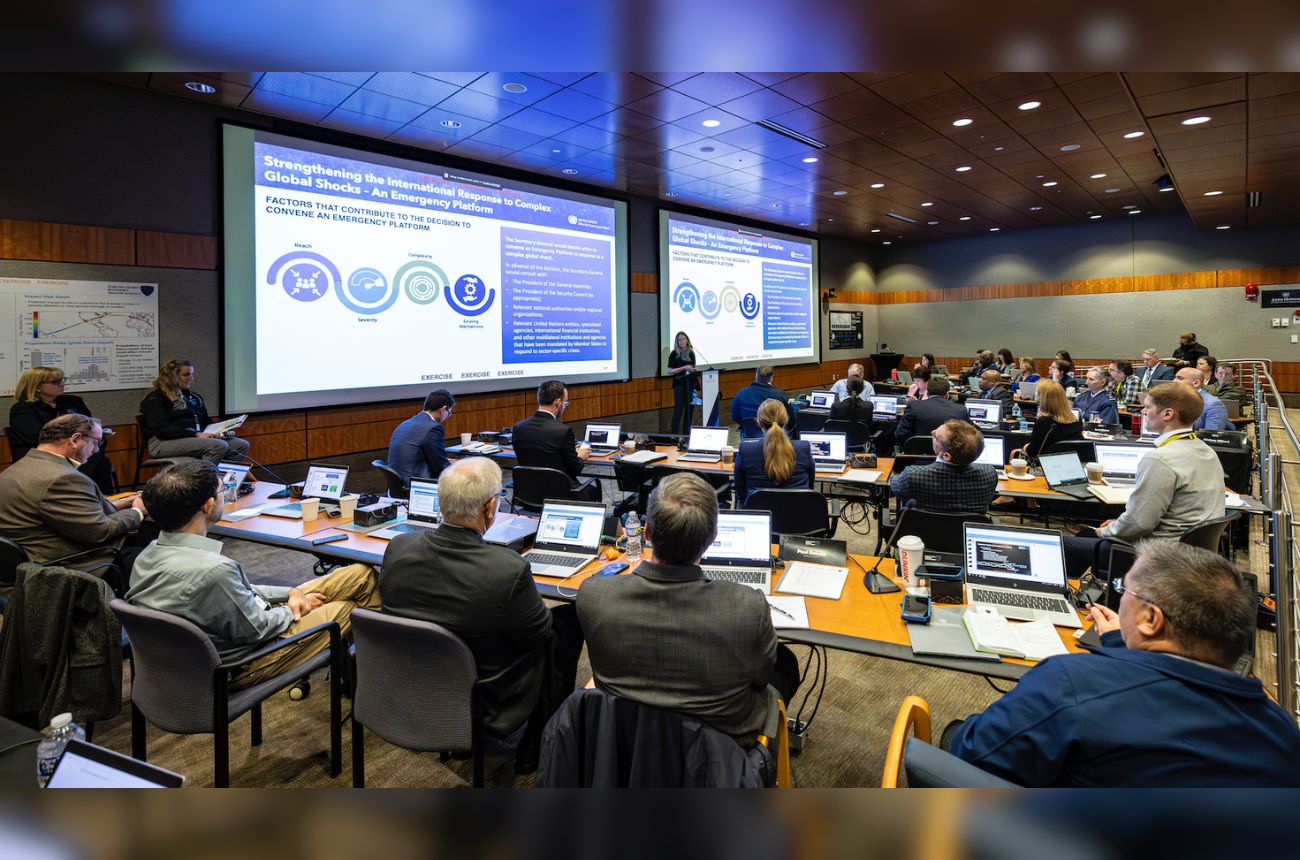However, those talks came to a screeching halt this week when the New York Times filed a lawsuit against OpenAI (formerly known as OpenAI) and Microsoft (formerly known as Microsoft) for copyright infringement. The newspaper claims that the companies unlawfully used OpenAI’s content to create AI products.
Some of the largest media companies in the United States have been in closed-door negotiations with OpenAI for several months about the pricing and conditions for licensing content to the AI platform.
However, those talks came to a screeching halt this week when the New York Times filed a lawsuit against OpenAI (formerly known as OpenAI) and Microsoft (formerly known as Microsoft) for copyright infringement. The newspaper claims that the companies unlawfully used OpenAI’s content to create AI products.
According to the Times, it had been negotiating with the companies for several months before filing the suit.
According to three people who spoke on the condition of anonymity, other news organisations have also discussed a deal with OpenAI, including Gannett (the largest U.S.-based newspaper company), News Corp (the owner of the Wall Street Journal), and IAC (the digital giant behind The Daily Beast, a magazine publisher, and Dotdash Meredith, a magazine publisher).
News/Media Alliance (NMAA), which represents over 2,200 North American news organisations, is also working with OpenAI to develop a framework for an agreement that would be in the best interests of its members, a source with knowledge of the discussions said.
OpenAI’s largest investor, Microsoft, has also held talks and is embedding OpenAI technology into its products.
OpenAI and Microsoft, for example, have been looking for ways to licence AI systems to train news organisations to write human-like content.
OpenAI said in a statement that it respects the rights of creators and owners of content and that it believes they should be the beneficiaries of AI technology, citing agreements with The Associated Press (AP) and Axel Springer (Germany’s largest publisher).
News publishers have had strained relationships with tech giants since they lost much of their traditional ad sales to new entrants such as Google and Facebook and publishing leaders are cautious about selling their content for too low a price.
There is also concern that AI applications may not accurately quote their own articles.
The AP’s news archive is licensed by OpenAI, which signed an agreement with the AP in July.
Axel Springer (SPR) (the holding company of Politico) and Business Insider (the parent company of Business Insider) went further: Earlier this month, the German publisher signed a multi-year agreement with OpenAI, granting the AI firm access to the company’s news archive and allowing OpenAI to incorporate newly published articles into apps such as ChatGPT, according to a person with knowledge of the deal. The agreement, which also includes a performance fee based on OpenAI’s content usage, is valued at over $10 million annually, the person said.




